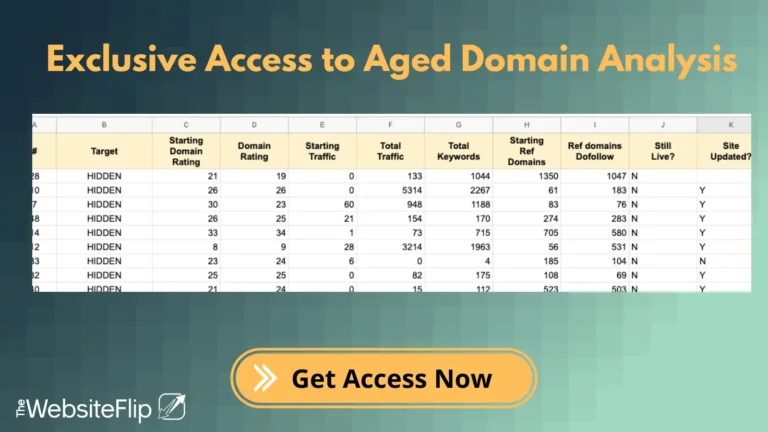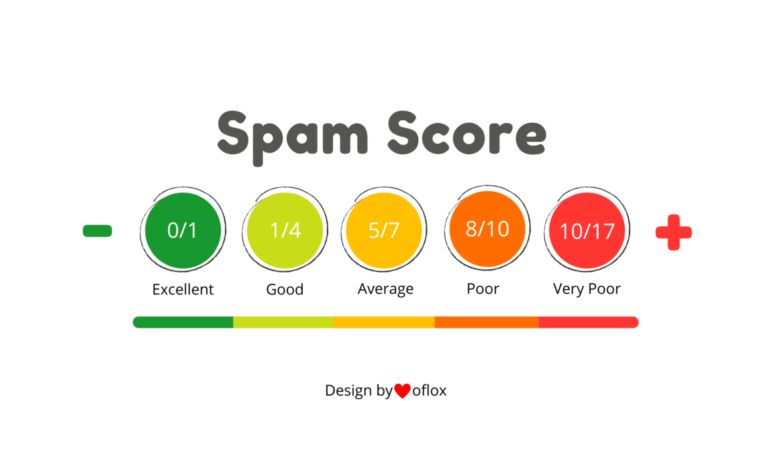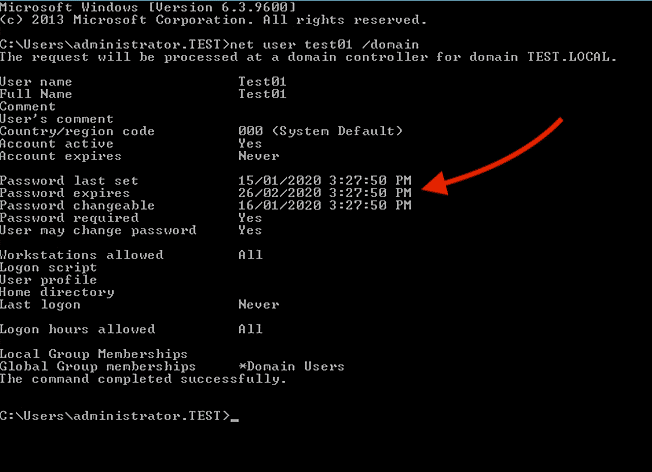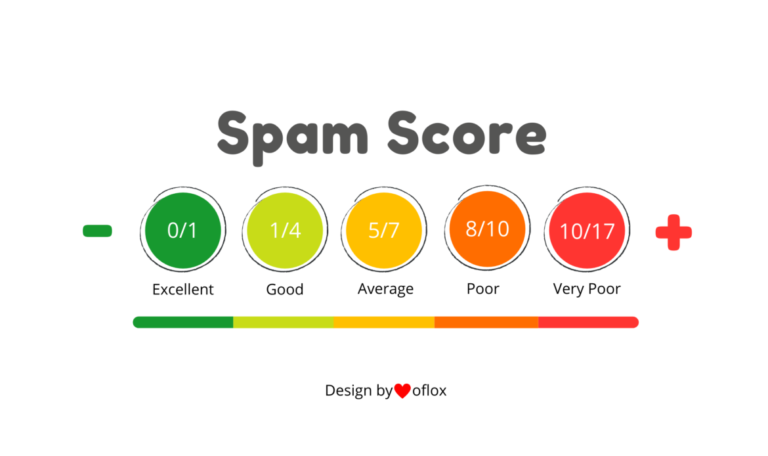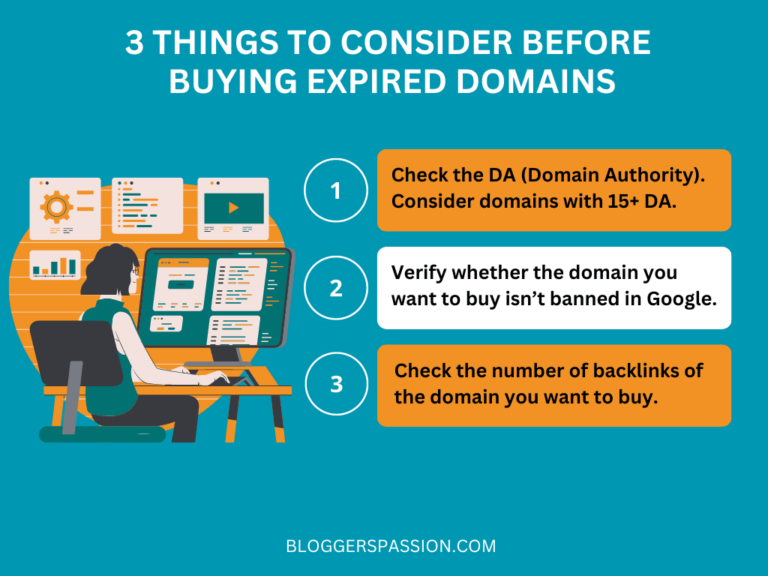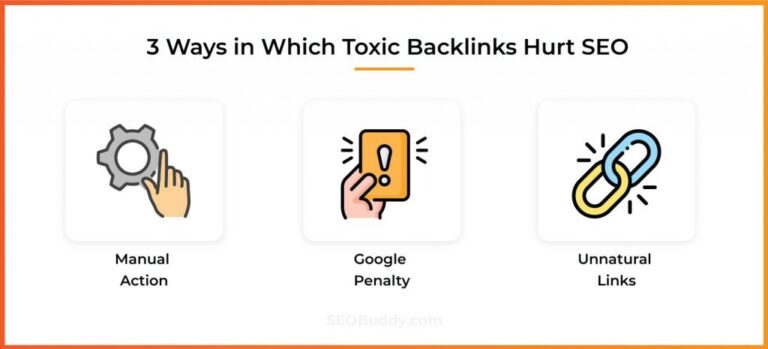Whois expiration date is a crucial aspect of domain registration that website owners need to keep track of. When a domain is registered, it is assigned an expiration date, which is the date when the domain registration will expire and the domain will become available for registration by someone else. This date is important to keep track of because if a domain expires, it can lead to a loss of traffic, revenue, and brand reputation.

Website owners can check the expiration date of their domain using a Whois lookup tool. A Whois lookup provides information about the domain name, including the registrar, registration date, expiration date, and contact information for the domain owner. By checking the expiration date regularly, website owners can ensure that they renew their domain registration before it expires and avoid losing their domain name.
In addition, website owners can also use domain expiration date checker tools to monitor the expiration dates of their domain names. These tools provide an easy way to check the expiration dates of multiple domains at once, and some even provide alerts when a domain is about to expire. By using these tools, website owners can stay on top of their domain registration and avoid the negative consequences of a domain expiration.
Understanding Whois Expiration Date
When you register a domain name, you are essentially renting it for a specific period of time. This period can range from a few months to several years, depending on your preference and the registrar’s policies. The Whois expiration date is the date when your domain registration will expire, and if not renewed, your website may become inaccessible.
To check your domain’s expiration date, you can use a Whois lookup tool. This tool will query the domain name registry database and retrieve information about the domain, including its expiration date. Some registrars also send email reminders to their customers when their domain is about to expire, so it’s important to keep your contact information up to date.
It’s important to note that the Whois expiration date is not the same as the registration date or the renewal date. The registration date is the date when the domain was first registered, while the renewal date is the date when the domain was last renewed. The Whois expiration date is the date when the domain registration will expire if it is not renewed.
If your domain registration expires, you may lose control of your domain name, and it may become available for someone else to register. This can be a serious problem if your website is an important part of your business or personal brand. To avoid this, it’s important to renew your domain registration before the expiration date. Some registrars offer automatic renewal options, which can help ensure that your domain registration is always up to date.
In summary, the Whois expiration date is the date when your domain registration will expire if it is not renewed. It’s important to keep track of this date and renew your domain registration before it expires to avoid losing control of your domain name.
Checking a Domain’s Expiration Date
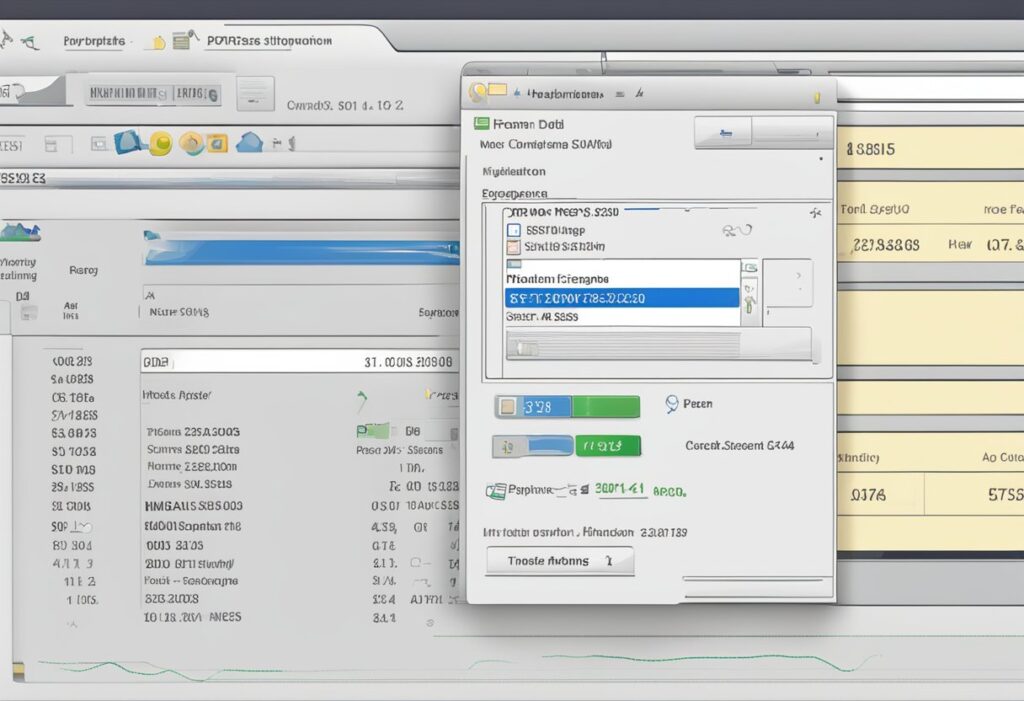
When managing a domain, it is important to keep track of its expiration date. Failing to renew a domain before it expires can result in losing ownership of the domain, causing disruptions in website and email services. Here are two methods for checking a domain’s expiration date:
Using Online Whois Lookup Tools
Online Whois lookup tools allow users to retrieve domain registration information, including the expiration date. One such tool is whatsmydns.net, which provides a simple domain name expiry checker tool. Users can enter the domain name they wish to check and quickly see its expiration date. Another tool is SiteGround’s WHOIS lookup, which returns a variety of information about the domain, including the registry expiry date.
Command Line Whois Query
For users who prefer the command line interface, the whois command can be used to retrieve domain registration information. To check a domain’s expiration date using the whois command, users can open their terminal and type whois domainname.com replacing “domainname.com” with the domain name they wish to check. The resulting output will include information about the domain’s registration, including the expiration date.
By using either of these methods, users can easily check a domain’s expiration date and avoid losing ownership of their domain.
Consequences of Domain Expiration
When a domain name expires, it can cause a number of issues for the website owner. In this section, we will discuss some of the most common consequences of domain expiration.
Domain Grace Period
After a domain name expires, there is typically a grace period during which the owner can renew the domain without any additional fees. The length of this grace period varies depending on the registrar, but it is usually between 30 and 45 days. During this time, the website will continue to function normally, but it may display a notice that the domain is expired.
Redemption Phase
If the domain is not renewed during the grace period, it enters the redemption phase. During this time, the owner can still renew the domain, but they will have to pay an additional fee. The redemption fee is typically much higher than the regular renewal fee, and it can range from $80 to $300 or more.
Domain Deletion
If the domain is not renewed during the redemption phase, it will be deleted and become available for registration by anyone. At this point, the original owner will have lost all rights to the domain, and they will have to register it again if they want to use it. However, there is no guarantee that they will be able to register it again, as someone else may have already registered it.
In addition to these consequences, letting a domain name expire can also lead to website downtime, loss of search engine rankings, and potential legal issues if someone else registers the domain and uses it in a way that infringes on the original owner’s trademark or intellectual property rights. Therefore, it is important to keep track of domain expiration dates and renew them in a timely manner to avoid these issues.
Renewing an Expired Domain
If a domain name has expired, it is important to renew it as soon as possible to avoid losing it to another party. The process of renewing an expired domain name can vary depending on how long the domain has been expired. Here are two ways to renew an expired domain name:
Renewal During Grace Period
Most domain registrars offer a grace period after a domain name has expired. During this period, the domain can still be renewed without incurring any additional fees. The length of the grace period can vary depending on the registrar and the top-level domain (TLD) of the domain name. For example, the grace period for a .com domain name is typically 30 days, while the grace period for a .org domain name is typically 45 days.
To renew a domain name during the grace period, the domain owner can simply log in to their domain registrar account and follow the instructions to renew the domain. The renewal fee will typically be the same as the original registration fee.
Recovery After Redemption Period
If the domain name is not renewed during the grace period, it will enter a redemption period. During this period, the domain can still be recovered, but the process is more complicated and may involve additional fees. The length of the redemption period can also vary depending on the registrar and the TLD of the domain name.
To recover a domain name after the redemption period, the domain owner will need to contact their domain registrar and request a redemption fee quote. The fee can be quite high, often several hundred dollars, and will need to be paid before the domain can be recovered.
It is important to note that if the domain name is not recovered during the redemption period, it will eventually be released back to the public and can be registered by anyone. Therefore, it is crucial to renew a domain name as soon as possible after it expires to avoid any additional fees or the risk of losing the domain altogether.
Preventing Domain Expiration
As discussed earlier, domain expiration can lead to loss of website traffic, data, and revenue. Therefore, it is important to prevent domain expiration by taking timely actions. Here are a few ways to prevent domain expiration:
Auto-Renewal Setup
One of the easiest ways to prevent domain expiration is to set up auto-renewal. Most domain registrars offer this service, which automatically renews the domain before the expiration date. This service ensures that the domain remains active without any manual intervention. It is important to ensure that the payment method on file is up-to-date to avoid any issues with auto-renewal.
Expiration Notifications
Another way to prevent domain expiration is to set up expiration notifications. Most domain registrars send out notifications via email or text message to remind users about the upcoming expiration date. It is important to keep an eye out for these notifications and take timely action to renew the domain before it expires. Users can also set up multiple notifications to ensure that they do not miss the expiration date.
In conclusion, preventing domain expiration is crucial to maintaining website traffic, data, and revenue. Users can prevent domain expiration by setting up auto-renewal and expiration notifications. By taking these simple steps, users can ensure that their domain remains active and accessible to their audience.
Whois Expiration Date and Domain Privacy
When a domain is registered, it is assigned an expiration date. The WHOIS database contains information about the domain, including the expiration date. This date is important because it determines when the domain will become available for registration again.
Impact on Privacy Services
Domain privacy services protect the personal information of the domain owner. However, when a domain expires, the WHOIS database will no longer show the privacy information. This means that anyone can access the personal information of the domain owner, including their name, address, and phone number.
To avoid this, domain owners can renew their domain before it expires or use an auto-renewal service. This will ensure that their personal information remains private.
Private vs Public Whois Information
The WHOIS database contains both public and private information. Public information includes the domain name, registration date, and expiration date. Private information includes the name, address, and phone number of the domain owner.
When a domain owner uses domain privacy services, their private information is replaced with the information of the privacy service provider. This protects the domain owner’s personal information from being publicly available in the WHOIS database.
In conclusion, the expiration date of a domain is an important factor to consider when it comes to domain privacy. Domain owners should ensure that their domains are renewed before they expire or use an auto-renewal service to avoid their personal information becoming publicly available in the WHOIS database.
Legal and Regulatory Aspects of Whois Expiration
When a domain name expires, the legal and regulatory aspects of the Whois expiration come into play. The Whois database contains information about the domain name registrant, such as their name, address, email, and phone number. This information is used to identify the owner of the domain name and to contact them in case of any issues or disputes related to the domain name.
According to Wikipedia, the Whois database is regulated by ICANN, the Internet Corporation for Assigned Names and Numbers. ICANN is responsible for ensuring that the Whois database is accurate, complete, and up-to-date. ICANN also has the authority to enforce the rules and regulations related to the Whois database.
When a domain name expires, the registrar may put the domain name on hold for a certain period of time, during which the current owner has the priority to renew the domain name. If the domain name is not renewed during this period, it may be put up for auction or deleted from the registry.
It is important to note that the legal and regulatory aspects of Whois expiration may vary depending on the country or region where the domain name is registered. For example, the European Union’s General Data Protection Regulation (GDPR) has led to changes in the way Whois information is collected and displayed for domain names registered in the EU.
In summary, the legal and regulatory aspects of Whois expiration play a crucial role in ensuring the accuracy and completeness of the Whois database. It is important for domain name owners to be aware of these aspects and to renew their domain names in a timely manner to avoid any issues or disputes related to their ownership of the domain name.
Whois Expiration Date in Different Registrars
When you register a domain, it is important to keep track of the expiration date to avoid losing the domain. The Whois expiration date is the date when the domain registration expires. It is important to note that different registrars may have different policies regarding the expiration date.
Variations in Expiration Policies
Some registrars may offer a grace period after the expiration date, during which the domain can still be renewed without penalty. Others may immediately disable the domain and put it up for auction. It is important to check with your registrar to understand their specific policies regarding the expiration date.
Registrar Transfer and Expiration Date
When transferring a domain from one registrar to another, it is important to keep track of the expiration date. If the domain is close to the expiration date, it may be best to wait until after the expiration date to transfer the domain. This is because the transfer process can take several days, and if the domain expires during the transfer process, it may be difficult to renew the domain.
It is also important to note that the expiration date may change after transferring the domain to a new registrar. This is because the new registrar may have a different expiration policy than the previous registrar. It is important to check with the new registrar to understand their specific policies regarding the expiration date.
In summary, the Whois expiration date is an important factor to consider when registering and transferring domains. Different registrars may have different policies regarding the expiration date, so it is important to check with your registrar to understand their specific policies. When transferring a domain, it is important to keep track of the expiration date and to check with the new registrar to understand their specific policies.

